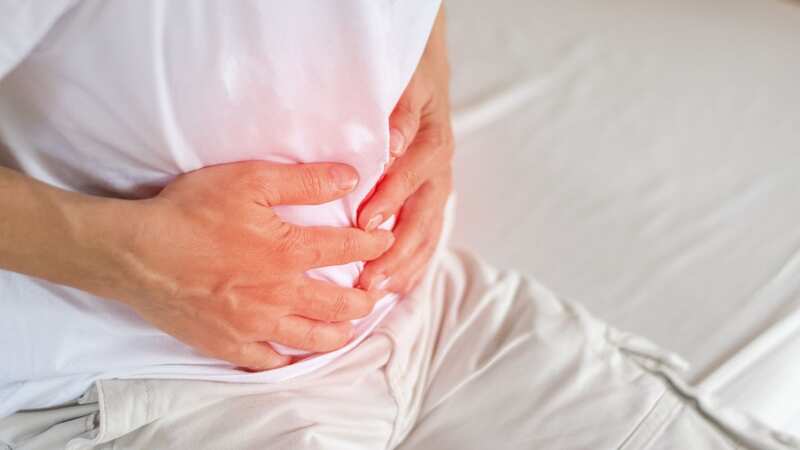Doctor shares two things they do daily to lower risk of cancer

There are over 200 different types of cancer that can affect the human body, but one of the most common is bowel cancer - and being aware of the signs, symptoms, and how to reduce the risk is important.
Bowel cancer, also known as colorectal cancer, is the fourth most prevalent type of cancer in the UK, according to Cancer Research UK. Cases of both colon and rectal cancers have surged among young people in recent years. With a lot of stigma around bowel cancer, the sometimes fatal disease is going undetected. The NHS said that it is not always known what causes bowel cancer, but genetic changes, lifestyle, and environmental factors can cause it.
A doctor has weighed in on two of the most important things you can do to lower your risk.
Don't ignore odd or abnormal symptoms
Oncologist Doctor Ursina Teitelbaum told Huffpost that early diagnosis of bowel cancer can be difficult as patients often dismiss its symptoms. She pointed out that younger patients, in particular, tend to rarely think their unusual symptoms could be cancer. The doctor insists that you do not ignore abnormalities or warning signs, as early detection could make a significant difference.
Dr Teitelbaum said: "Look out for any changes in bowel habits. If you have always pooped on schedule but now frequently feel constipated, or notice blood in your stool and have abdominal pain, it's worth talking to a doctor."
 Warning as popular food and drink ‘increase risk of cancer death by up to 30%’
Warning as popular food and drink ‘increase risk of cancer death by up to 30%’
The doctor also said that one in three people who get diagnosed with colorectal cancer have family members who have had it, so it might be worth speaking to your realities to see if you may genetically be at risk.
Eat a healthy diet and stay active
We all know by now that eating a healthy diet and exercising can significantly help our health. But you may not be aware that bowel cancer is commonly linked to poor lifestyle choices - consumption of alcohol, lack of physical activity, and smoking cigarettes can increase risk.
A high-fibre diet has been found to reduce the risk of developing certain types of cancer. Fibre adds 'good' bacteria into the gut and in turn, shields the colon lining. Consumption of a lot of red meats and processed foods is associated with a higher risk of bowel cancer.
Dr Teitelbaum added: "There's no perfect predictor for colon cancer, but globally, a healthy lifestyle may help in avoiding it."
The NHS said: "Weight – bowel cancer is more common in people who are overweight or obese. Exercise – being inactive increases the risk of getting bowel cancer. Alcohol and smoking – a high alcohol intake and smoking may increase your chances of getting bowel cancer."
Symptoms of bowel cancer
- Changes in your poo, such as having softer poo, diarrhoea or constipation that is not usual for you
- Needing to poo more or less often than usual for you
- Blood in your poo, which may look red or black
- Bleeding from your bottom
- Often feeling like you need to poo, even if you've just been to the toilet
- Tummy pain
- A lump in your tummy
- Bloating
- Losing weight without trying
- Feeling very tired for no reason
If you are suffering from any of these symptoms, speak to your doctor and visit the NHS website.
Do you have a story? Get in touch at Lucy.Marshall@reachplc.com
Read more similar news:
Comments:
comments powered by Disqus

































